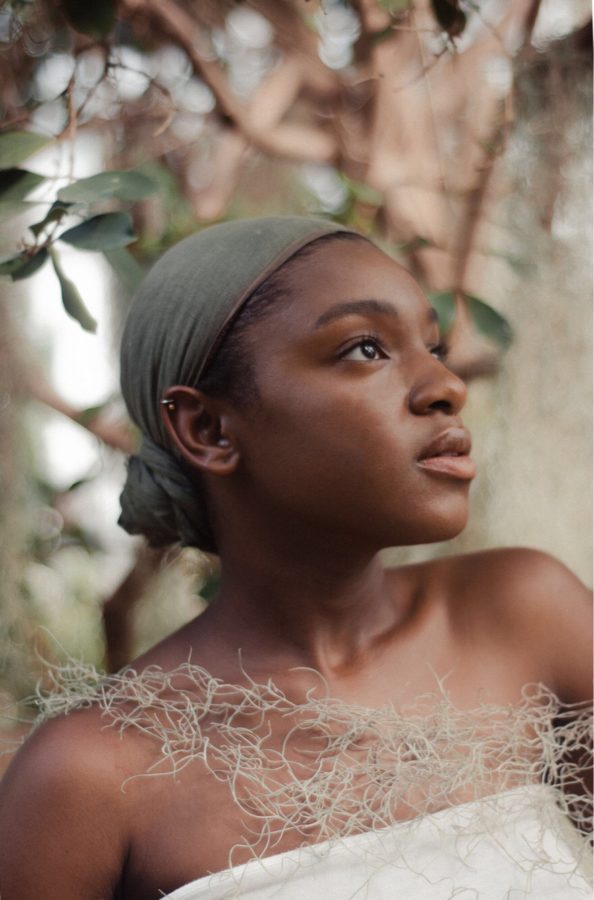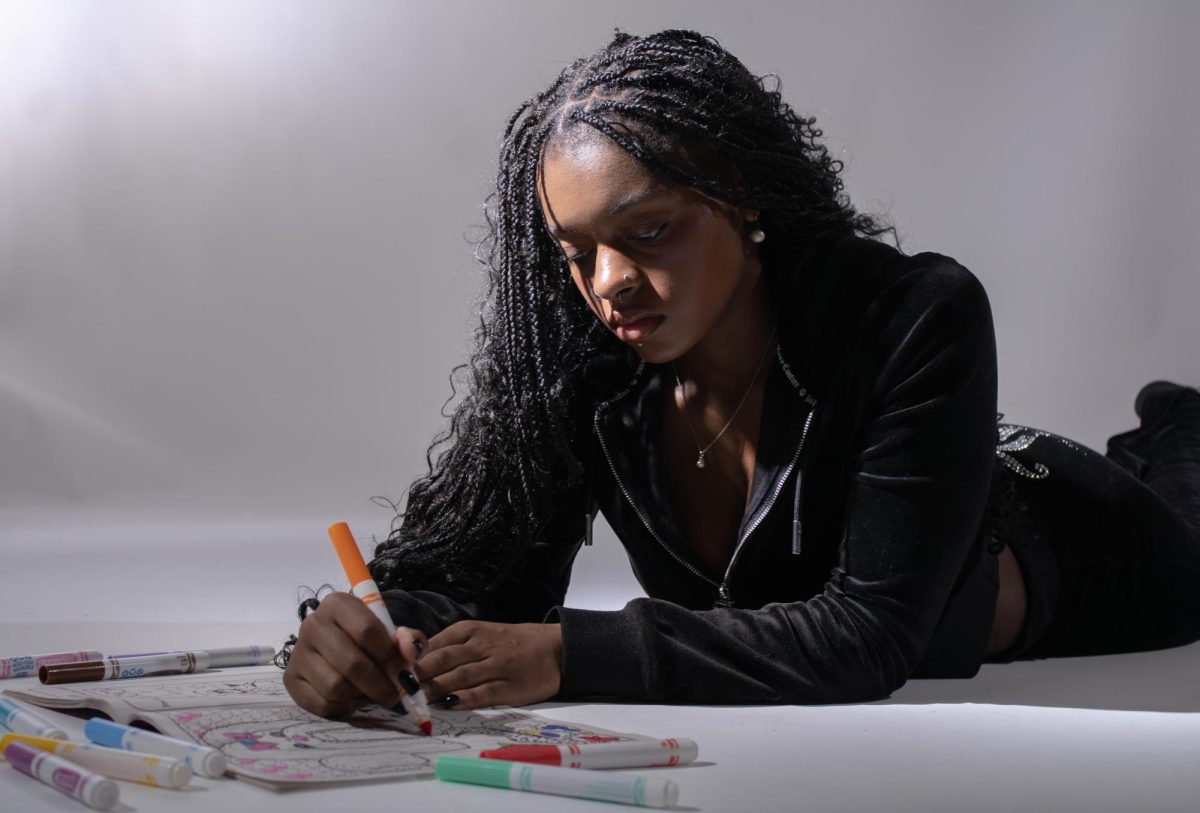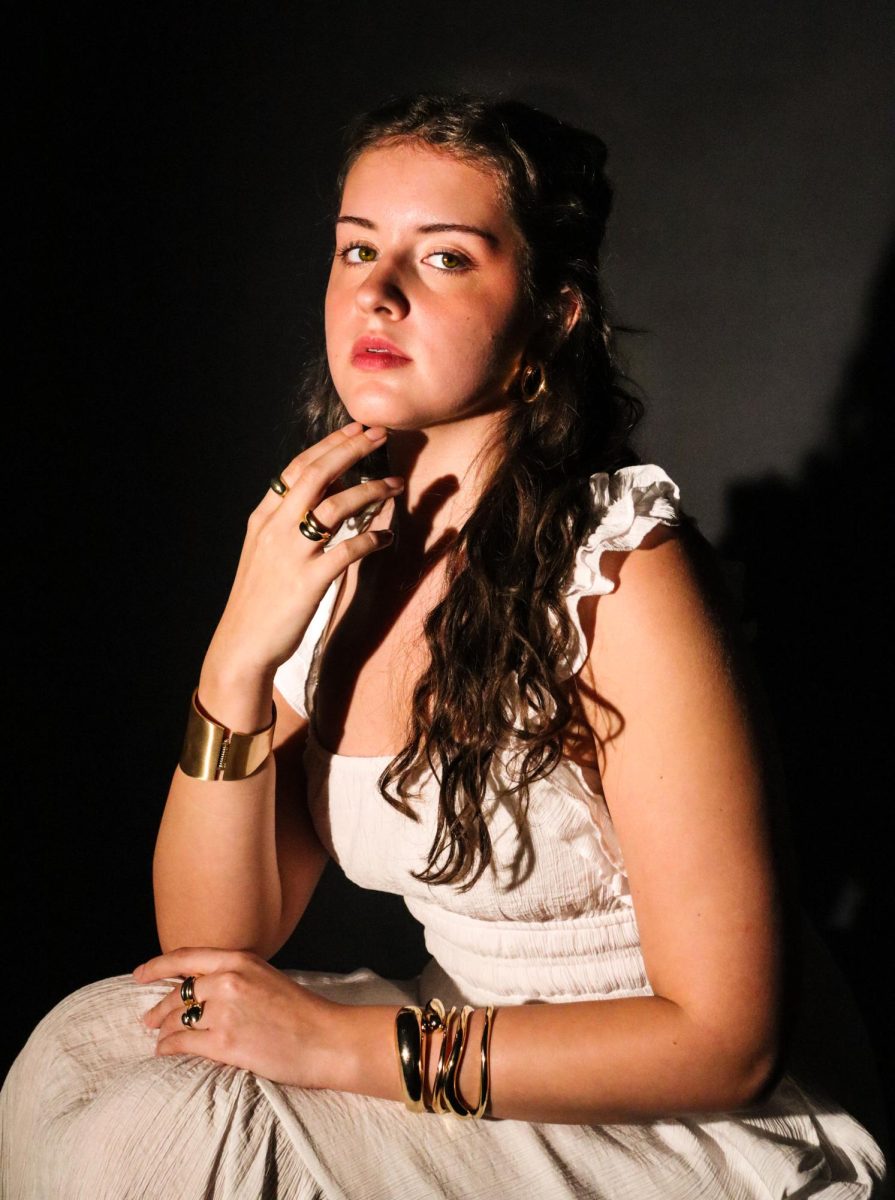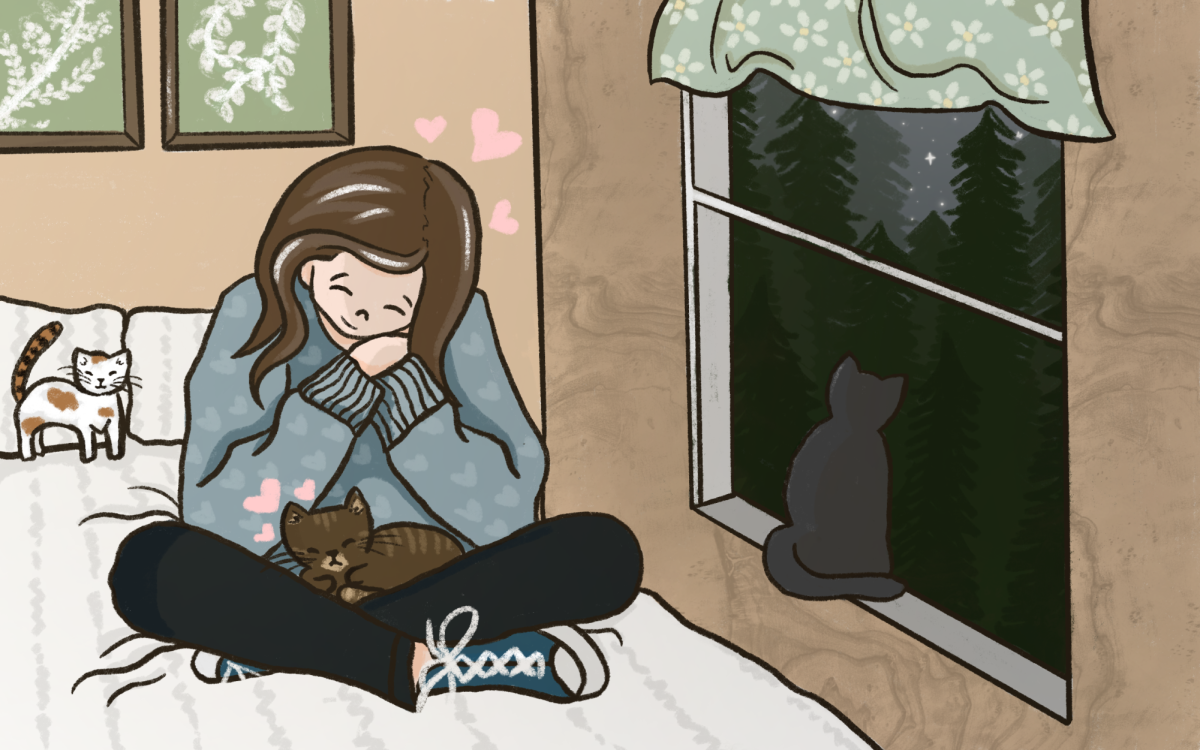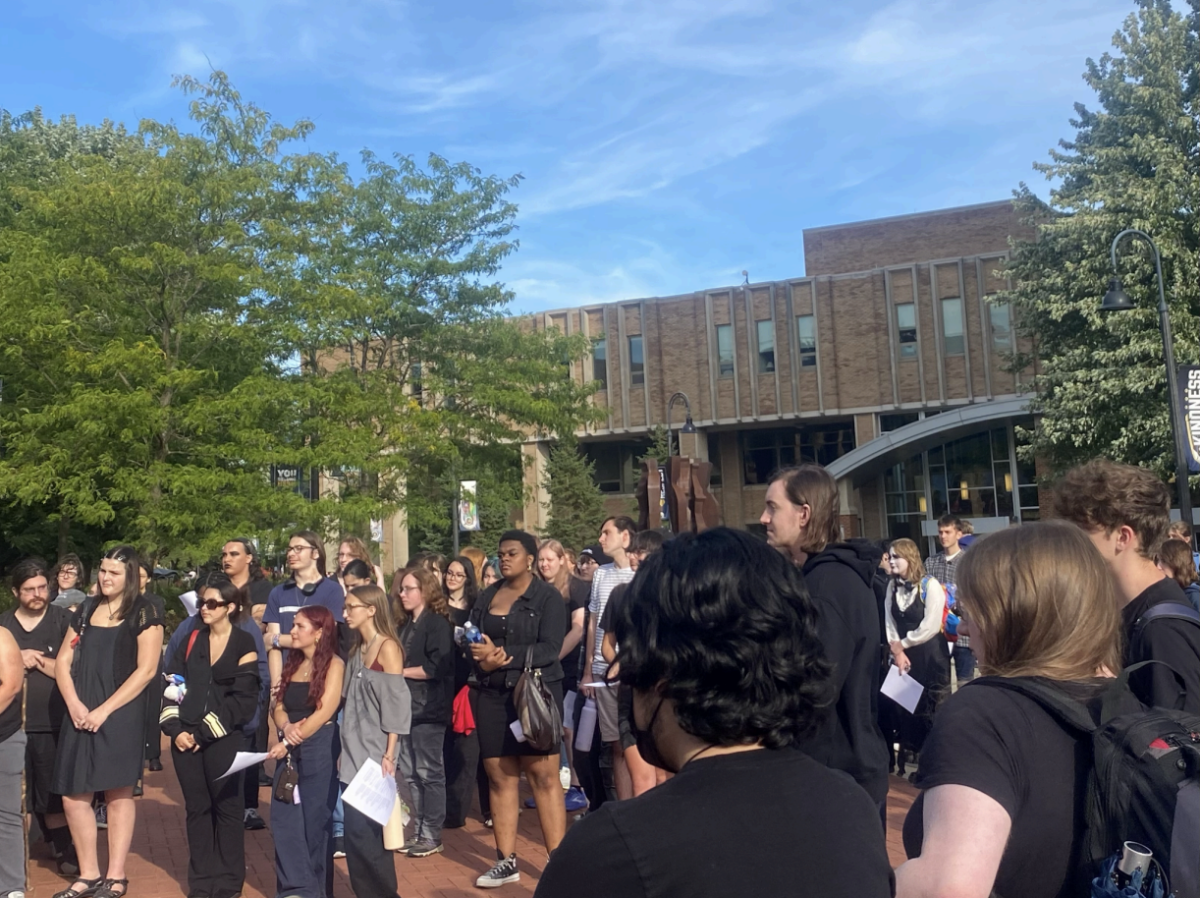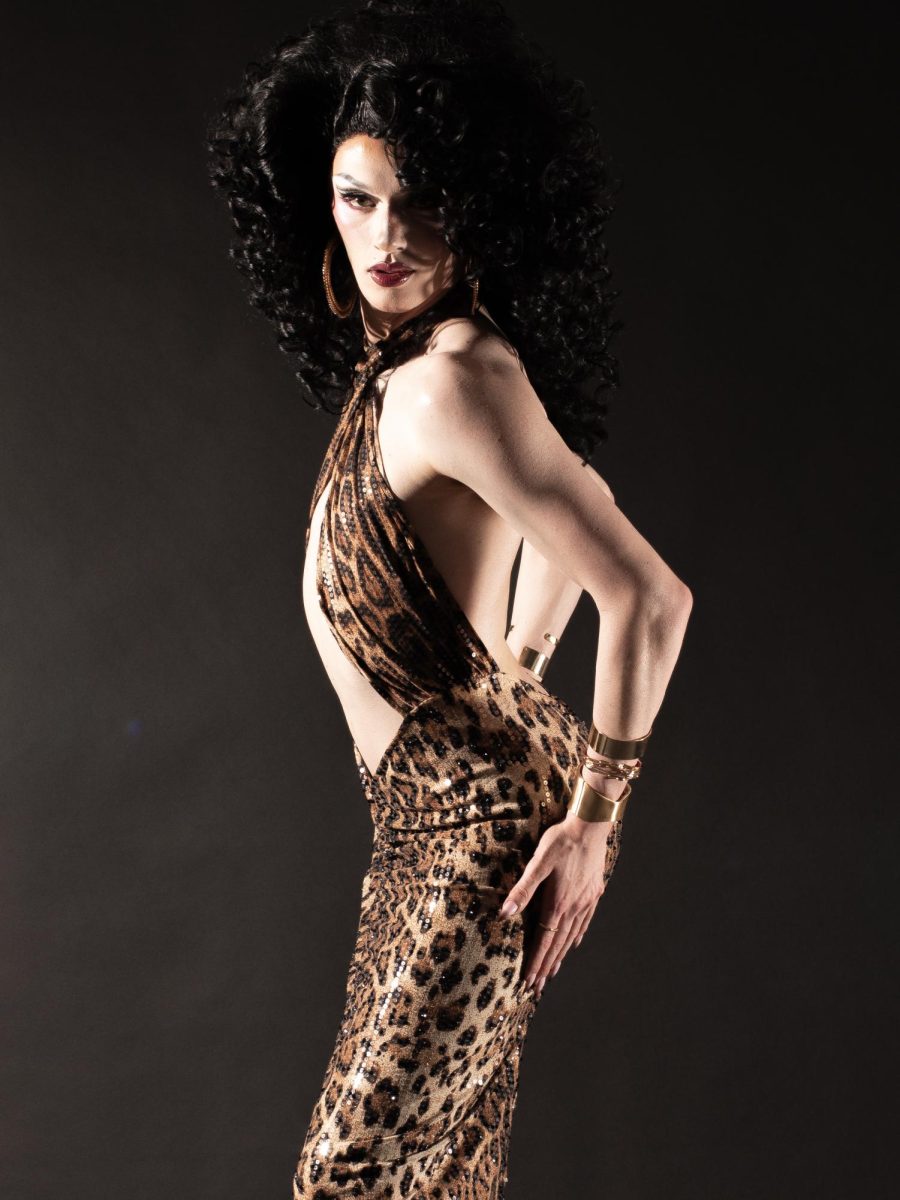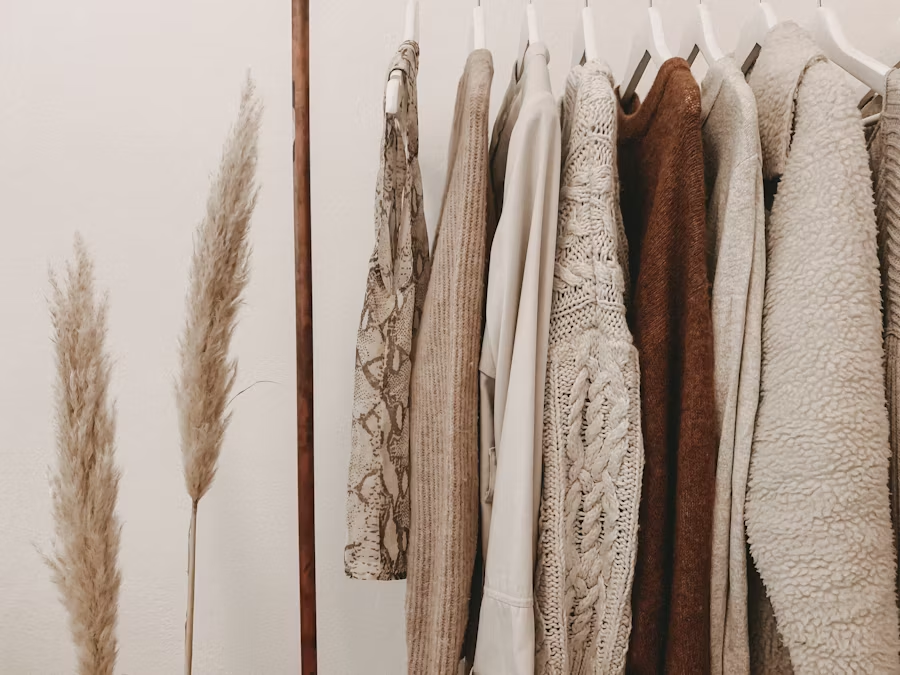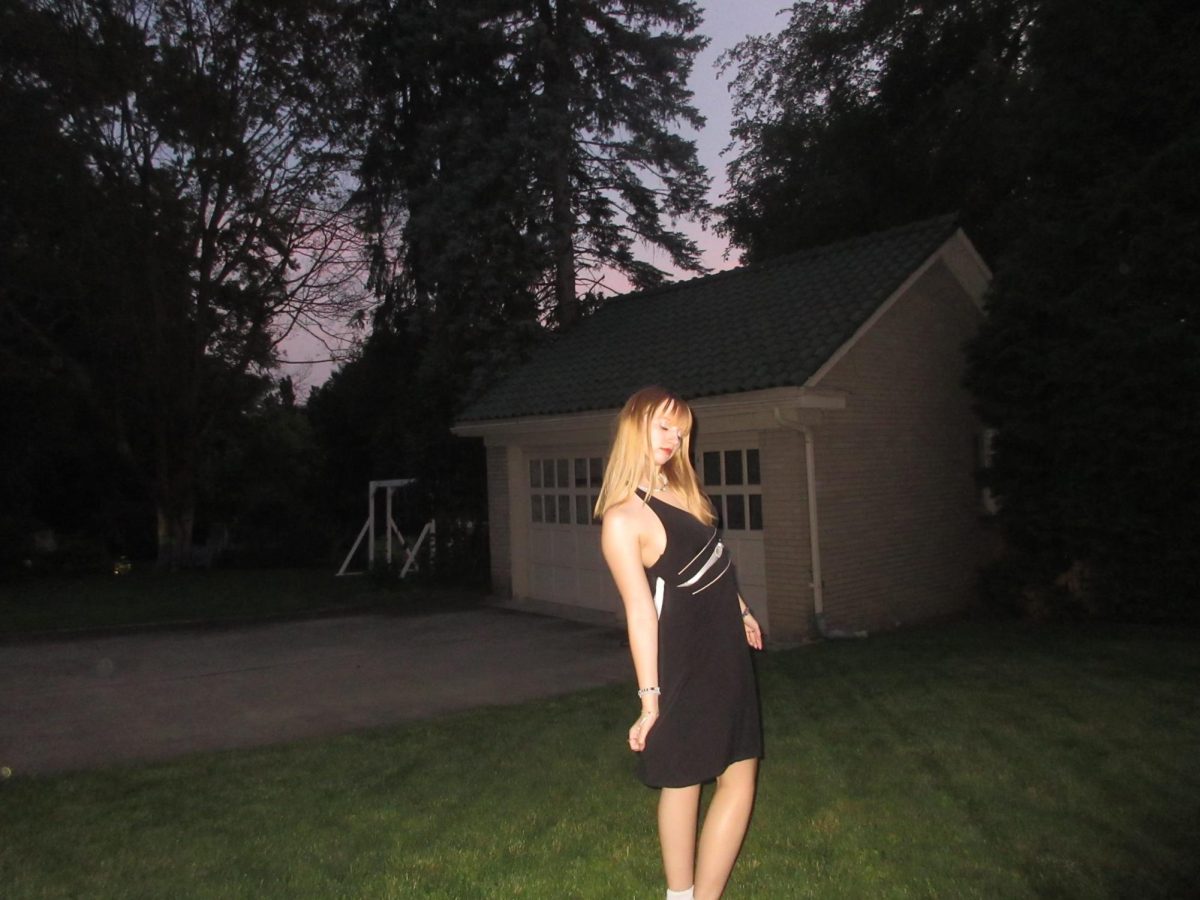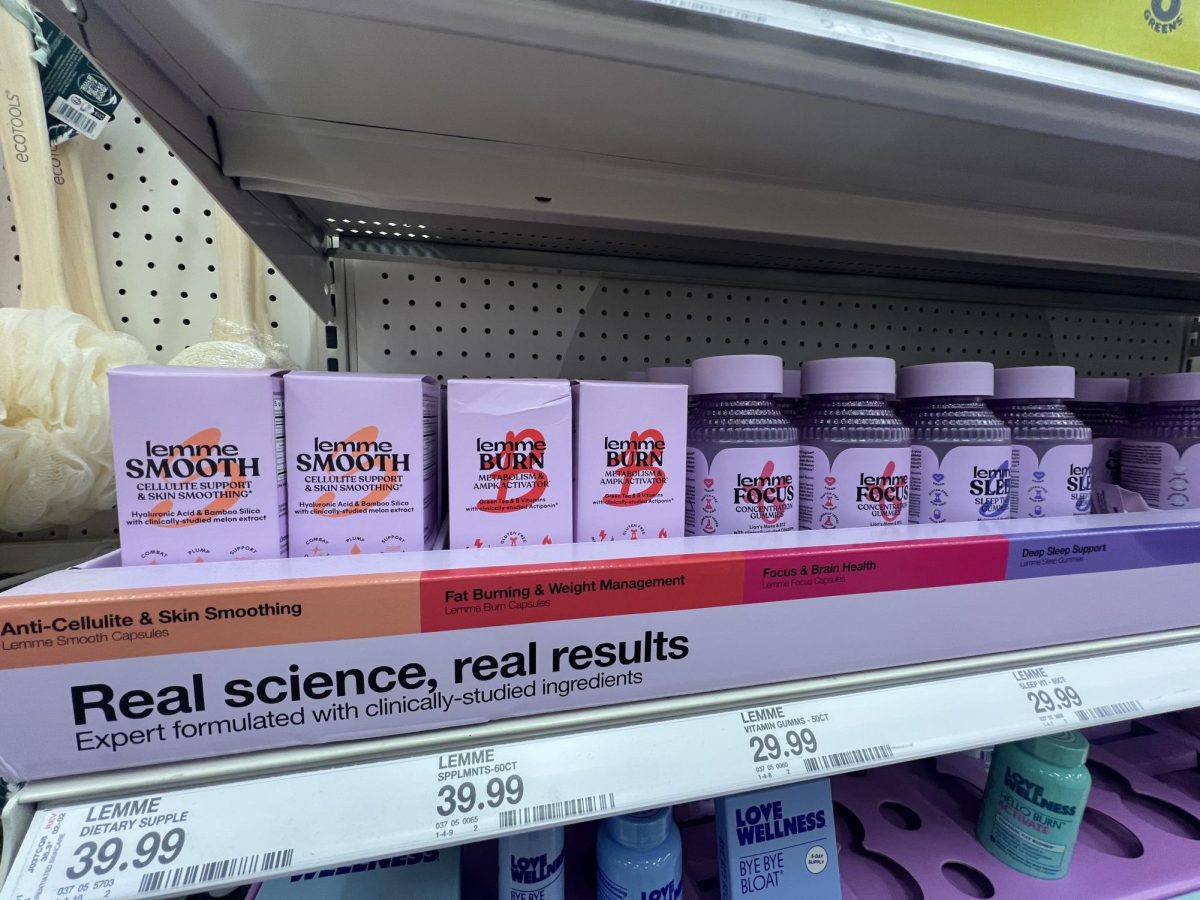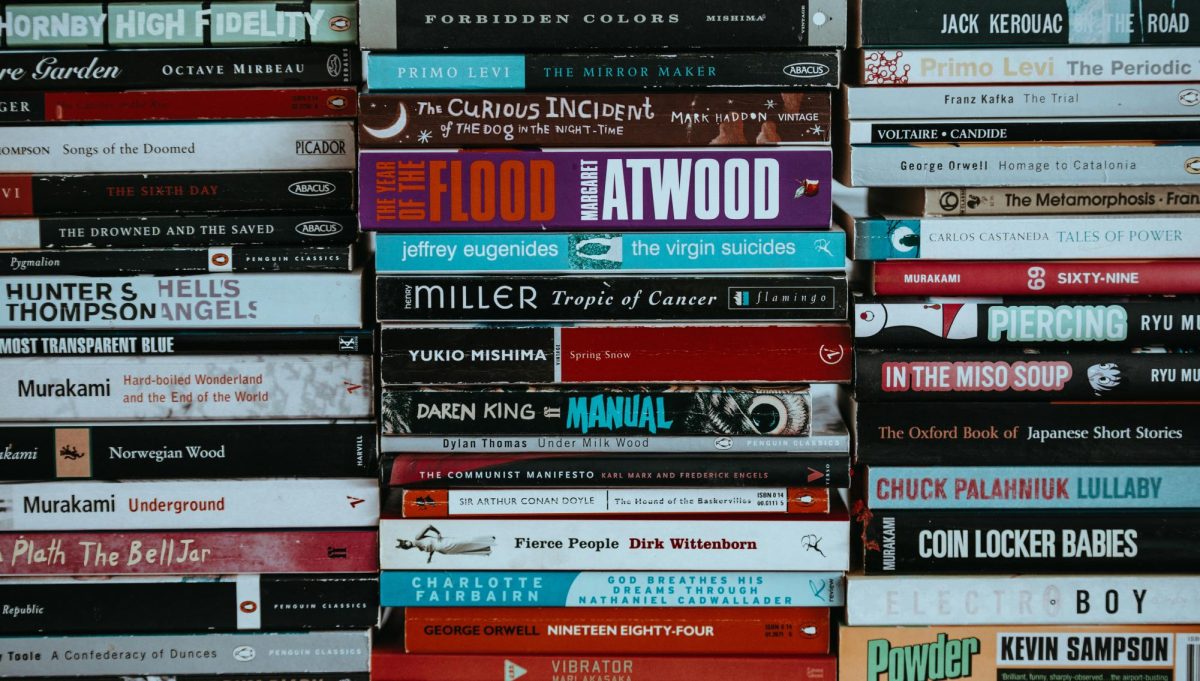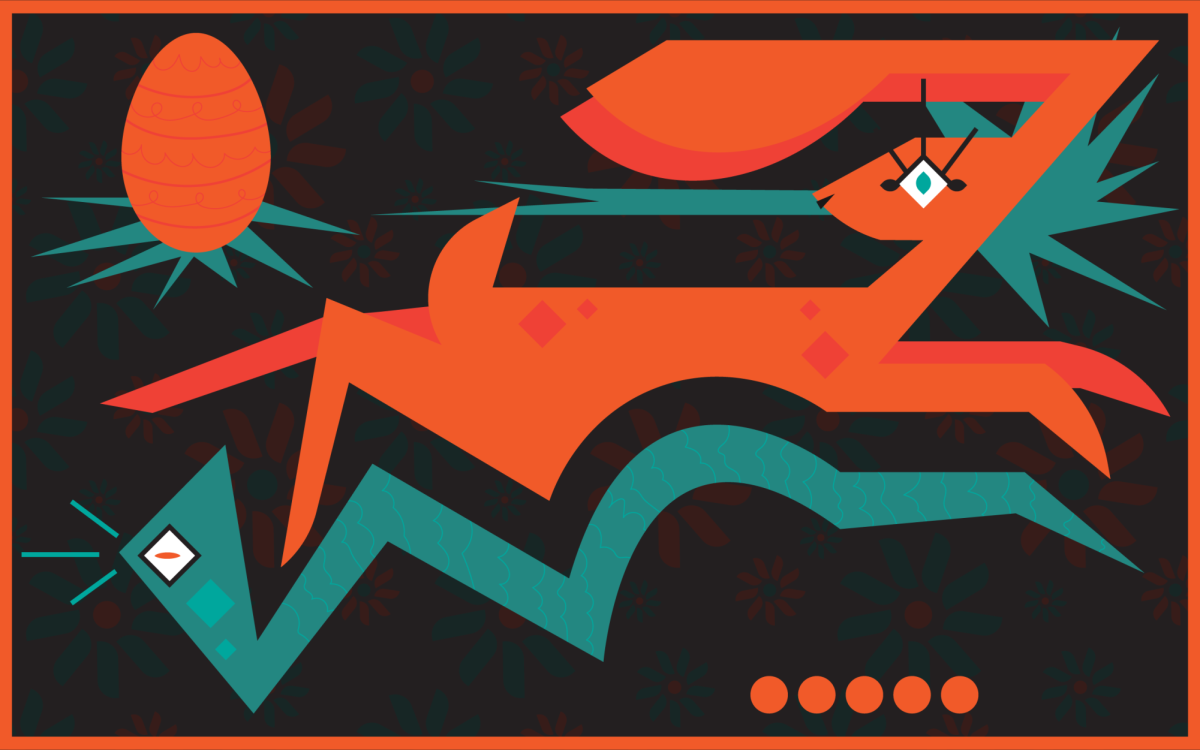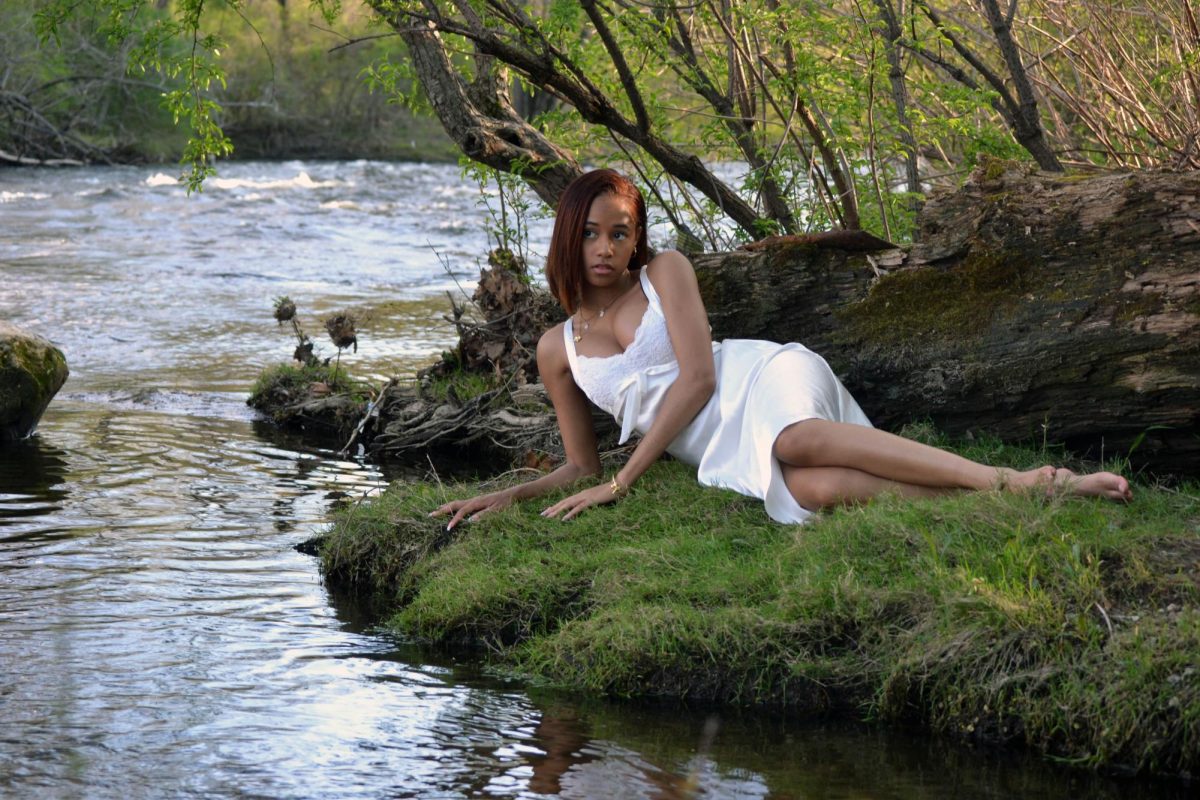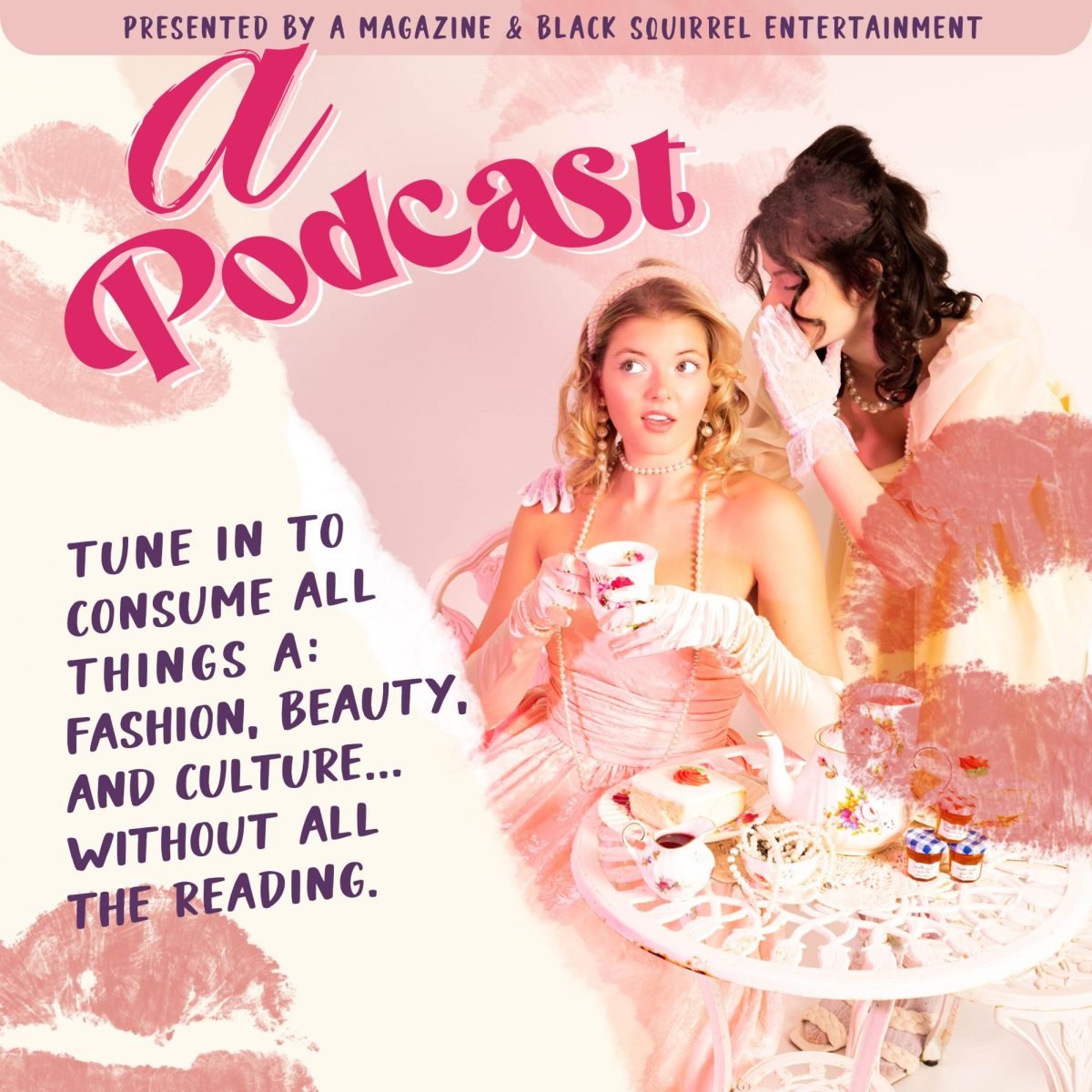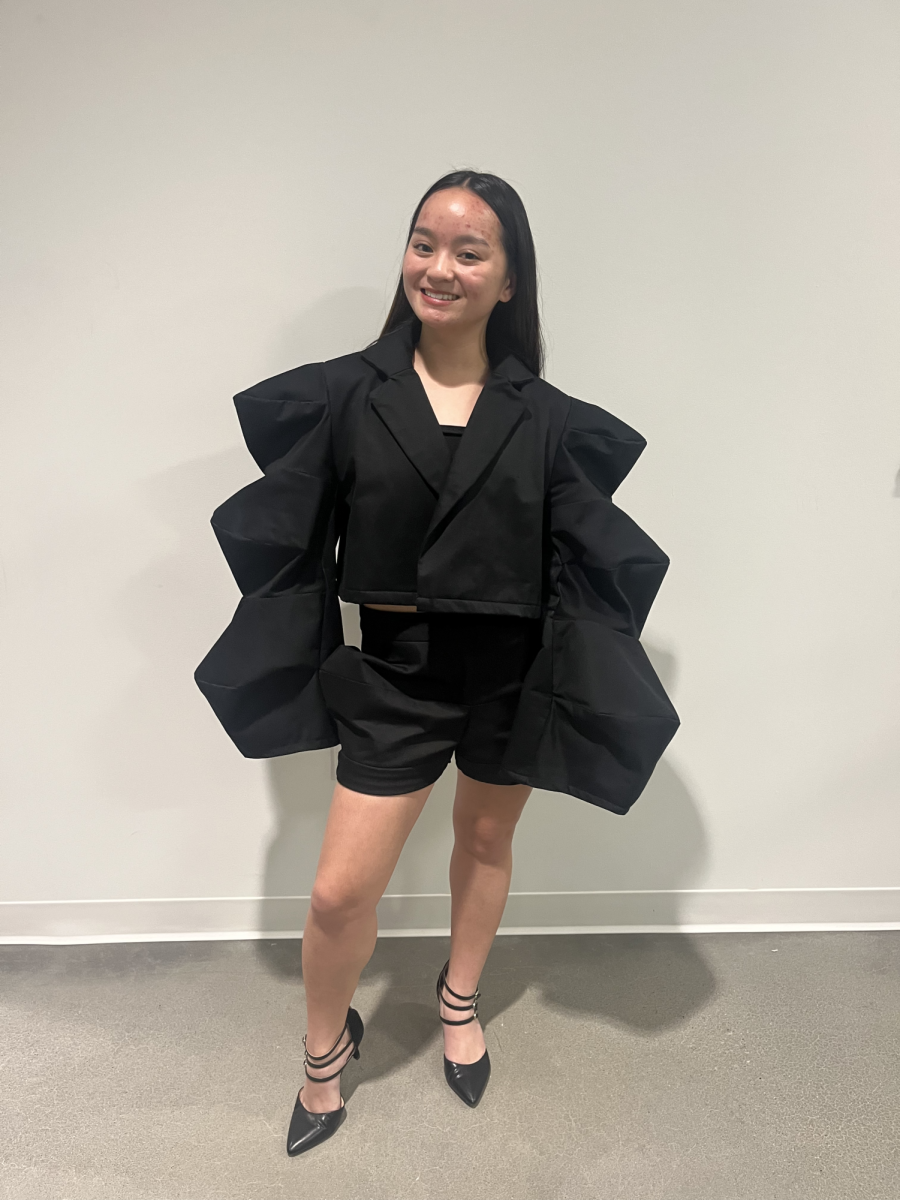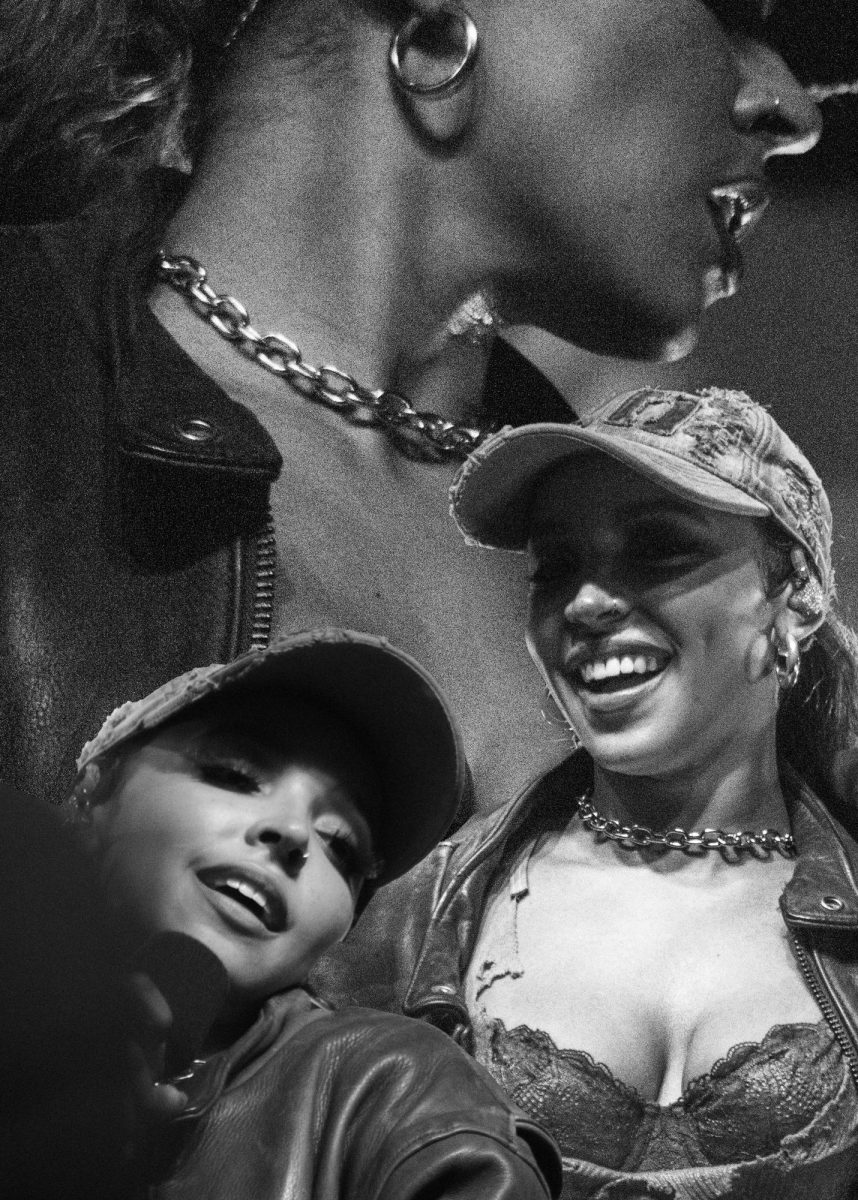From the time she was in middle school, senior journalism student Mariah Hicks has been writing poetry. Little did she know, the hobby she once used to better understand her emotions, would evolve into a career.
To Wilt and Bloom, Hicks’ first self-published book of poetry, comes out March 13 and is divided into four parts: wilting, pulling weeds, rain and bloom. Each part relates to a different phase in Hicks’ own personal journey of healing from sexual assault.
The A Magazine editors sat down with Hicks before the release of To Wilt and Bloom to ask her some questions about the book and discuss her journey whilst creating it.
What is the name of your book and what does it stand for?
Are you excited? How are you feeling?
I’m really excited. I was really nervous at first but I feel like I’m just ready for it to be off my hands and out into the world.
What stood as a reason for this particular body of work?
I just really wanted to talk about how it is to go through something. For me, I was sexually assaulted when I was a child, that really restructured how I understand myself and how I understand the world around me. It wasn’t something I dealt with until I was older, so for this work, it was just me going through the feelings of how that affected my life, how everything changed after, and then how up until this day I found the means of healing and accepting it as a part of my story.
What is a constant theme that comes up throughout the poems?
Definitely womanhood. I talk about women, my mother, my grandmother, my sisters, Eve even. Being a woman can be hard, but it’s a really beautiful thing. Especially for all of the woman who will be reading this book, I just really want them to have that takeaway. Being a woman is beautiful and I think all women should own that about themselves.
Why and when did you start writing poetry?
I started in middle school. I’m not even really sure why I started. You know, the emotions of any middle schooler. I didn’t understand life and I was like, “Huh, let me just write about it.”
Is poetry always something that has come natural to you?
It came really naturally at first, but my style of writing now has really developed in a sense. And I guess that’s just being exposed to other writers because I work at the Wick Poetry Center. Being exposed to other writers and having people critique my work, it’s kind of helped my style to develop.

Who are your favorite poets?
Lucille Clifton and Alex Elle.
What gets you excited to write?
If I hear a cool word I’m like, “Wow, that needs to be in a poem.” One word I really like is crimson, so that can get me started to write. Or, if I see something that’s visually pleasing, it makes me want to write poetry.
What is a favorite piece from your book and why?
I actually just wrote this the other night and just added it in there. It’s called A Crop of Harvest, and this is one of the poems where I just sat down and it magically appeared. It talks about womanhood and my understanding of how it can affect other women.
How do you feel about exposing a part of yourself through your writing?
With poetry, you don’t know how people are going to interpret it. They might not interpret it how you meant for them to interpret it. It’s always open to a lot of different thoughts, so it’s kind of nerve-wracking. But then again, I worked so hard on this. I just feel like it’ll be able to reach a lot of people.
When did you start writing poems specifically for this book?
I started working on this three years ago, but at the beginning of the school year I just threw everything out and started over. I’d say probably a couple pieces from the old one are in this one, but mainly everything in here is written from this year.
What advice do you have for people wanting to publish a book, but don’t know how to go about it?
I’m self-publishing through Amazon, Kindle Direct Publishing is what it’s called. I’d say if you want to get your work out there, that’s a great first way to go. Especially if you don’t have the connects to get in touch with people through the traditional publishing industry. You do everything online. You just have to have a manuscript of your book and a PDF file of the cover.
What do you want people to take away from reading your book?
I have this quote on the back cover and it says, “The wilting does not dismiss your beauty or your ability to bloom.” That’s the main concept I want to be taken away from this. People go through a lot on a daily basis. People make mistakes, people go down roads they maybe didn’t think they’d end up going down, but there’s always room to still grow, to still bloom. Nothing defines you.

